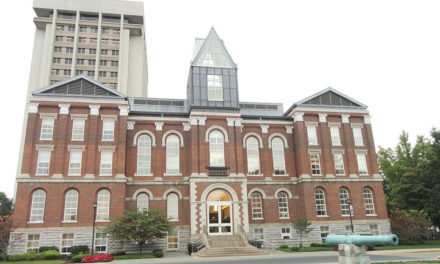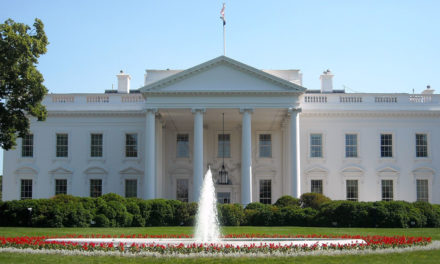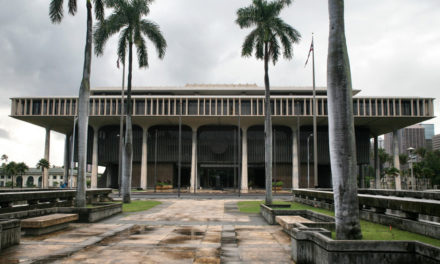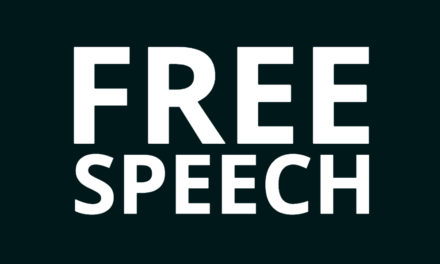PragerU is a nonprofit educational and media organization founded by conservative talk show host Dennis Prager. Its mission is to provide conservative viewpoints and perspective on public issues, and its short videos are featured on YouTube, Facebook and Twitter. As a conservative voice in a liberal-controlled media world, PragerU is not without its detractors. That’s caused PragerU’s videos to be restricted and/or demonetized by YouTube, which in turn hurts both the reach of the videos and PragerU’s bottom line.
PragerU sued Google, which owns YouTube, alleging that the media giant’s censorship of PragerU violates the First Amendment as well as fair advertising laws. The latter claim is based on the allegation that YouTube advertises that it is a forum for free speech, yet censors views it dislikes.
PragerU’s lawsuit was dismissed by a California federal district court in 2018, and an appeal to the 9th U.S. Circuit Court of Appeals followed. This week, the 9th Circuit upheld the lower court’s decision, finding that as private companies, Google and YouTube are not bound by the First Amendment, which is intended to protect against government interference with free speech.
The 3-judge panel also agreed with the dismissal of the false advertising claims as well, finding that statements by YouTube that it is “committed to fostering a community where everyone’s voice can be heard” is not false advertising, especially when the platform also reserves the right to remove or restrict content.
In its effort to paint YouTube as an entity subject to the First Amendment, even though it’s a private company, PragerU argued that under Supreme Court precedent, sometimes a private entity can become a “state actor” for constitutional purposes. That would happen when a private entity provides a “public function” that has been “traditionally the exclusive prerogative of the State.” YouTube’s function as “a public forum dedicated to the freedom of expression to all” qualified it as a state actor, PragerU’s attorneys argued. The 9th Circuit didn’t buy it.
PragerU was justifiably disappointed by the appeals court’s decision. In a press release, Marissa Streit, CEO of PragerU commented, “As we feared, the Ninth Circuit got this one wrong, and the important issue of online censorship did not get a fair shake in court. Sadly, it appears as if even the Ninth Circuit is afraid of Goliath – Google. We’re not done fighting for free speech and we will keep pushing forward.”
PragerU is already pursuing a parallel legal case in the California state courts, which is not affected by the federal court decision.
There’s a 5-minute PragerU video on its YouTube page explaining the lawsuit that already has over nine million views.
As conservatives continue to see their messages blocked or demonetized on social media channels, PragerU’s quest for a fair shake benefits many individuals and organizations trying to get their views seen and heard.
It seems that some people (and the media organizations they control) are so threatened by ideas they disagree with that they’d rather dismiss and block them than engage with them. That’s probably not news to most folks, but the interaction of ideas is a bedrock principle upon which this country was founded. Google and YouTube’s actions may be legal, but that doesn’t mean they’re fair.
Let’s pray we can restore the ideal of free speech, even on private media platforms, before the country sinks deeper into division. It shouldn’t take a lawsuit, or even legislation. We all know what it looks like when it’s working properly. Let’s all develop some thicker skin and talk to one another. And that goes for the media platforms that could make that possible.
I’m looking at you, Google and YouTube.






